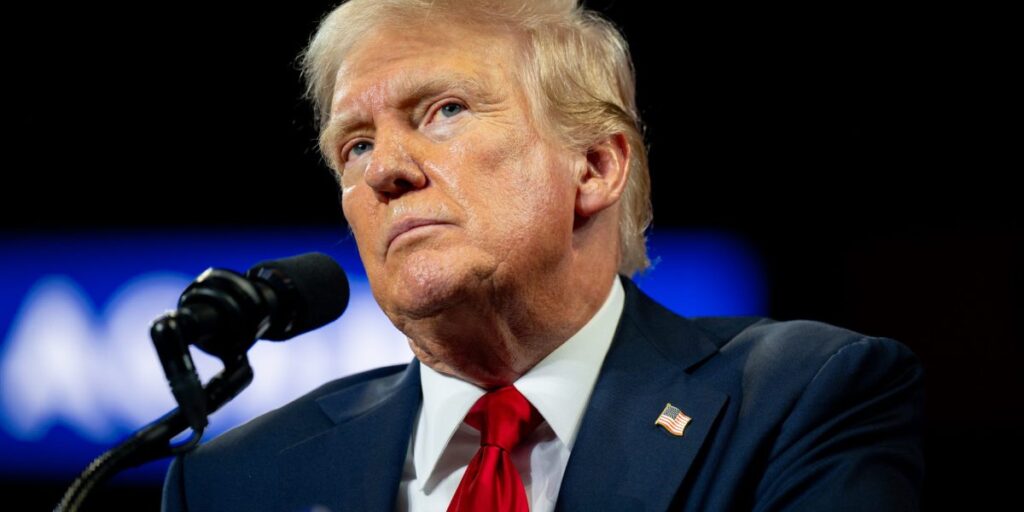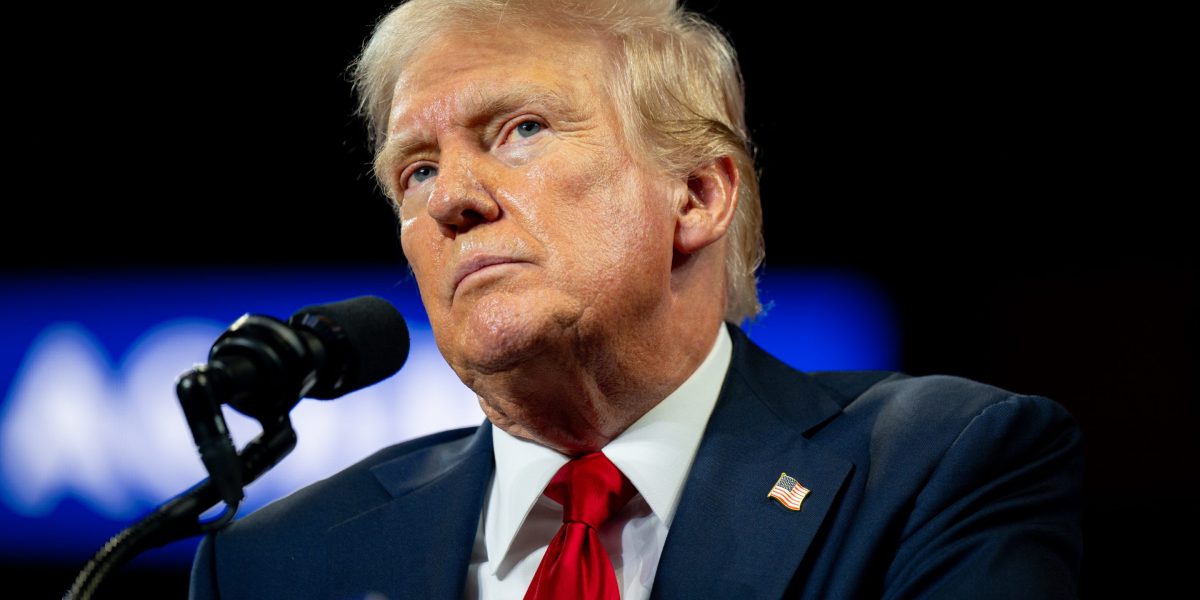Google responds to Elon Musk’s accusations of a ‘search ban’ on Trump: ‘We’re working on improvements’
Google says autocomplete, in some instances, is “not working as intended.”


Google has responded to Elon Musk, Donald Trump Jr., and other top GOP figures’ accusations that the search engine is interfering in the election with its auto-complete results.
On Sunday evening, several X users posted photos showing that when they typed “assassination attempt on” into Google’s search engine, the website showed only auto-complete results for assassination attempts on former President Ronald Reagan, Bob Marley, and other figures, omitting the July 14 attempt on former President Donald Trump’s life.
Even when Fortune typed in “assassination attempt on Trump” on Chrome using incognito mode, no auto-complete showed up on the results. Clicking “enter” on the result, however, yielded several recent news articles about the incident in Butler, Pa.
Elon Musk, who owns X, also weighed in, posting a photo of him searching for “President Donald,” which suggested “President Donald Duck” before “President Donald Trump.”
“Wow, Google has a search ban on President Donald Trump,” Musk posted. “Election interference?”
“Probably just a coincidence that Alphabet (Google) employees were the top donors to Biden,” he snarked in another X post.
Fortune—searching in incognito mode on Chrome—could not replicate Musk’s results: Auto-complete did not show any predictions on searches for “President Donald” or “President Trump.” Auto-complete also did not show any predictions for “President Joe” or “President Biden.”
Several top GOP figures were enraged by the auto-complete results posted on X and immediately accused Google of “gaslighting” the American people and trying to influence the 2024 presidential election.
“Big Tech is trying to interfere in the election AGAIN to help Kamala Harris,” Trump’s son, Donald Trump Jr., wrote on X. “We all know this is intentional election interference from Google. Truly despicable.”
Google told Fortune that the company did not take “manual action” on the auto-complete predictions, and will be “working on improvements” to its auto-complete feature.
In terms of the assassination attempt queries, Google’s systems have “protections against Auto-complete predictions associated with political violence, which were working as intended prior to this horrific event occurring,” the spokesperson wrote to Fortune. “We’re working on improvements to ensure our systems are more up-to-date.”
As for the “Donald Duck” search that Musk highlighted, the spokesperson said that “auto-complete is currently not working as intended” in response to searches for the names of past presidents and the current vice president.
“We’re looking into these anomalies and working on improvements, which we hope to roll out soon,” the spokesperson said. “Our auto-complete systems are dynamic, so predictions will change based on common and trending queries.”
Barry Schwartz, an expert on online search and the founder of the Search Engine Roundtable, a news service about search engines, told Fortune that Google’s response “makes sense.”
“You can search wherever you want, and Google will show it to you, but it won’t do an auto-complete ‘suggestion’ that you do violence toward politicians,” he said.
Imagine if the attempt never happened, but typing in “assassination attempt on Tru” in Google suggested “assassination attempt on Trump,” Schwartz said: That would be encouraging violence.
But the attempt did happen, so Google should show auto-completion for that sentence, he added. In all likelihood, “they just didn’t update their filter,” he said—nothing more nefarious.





